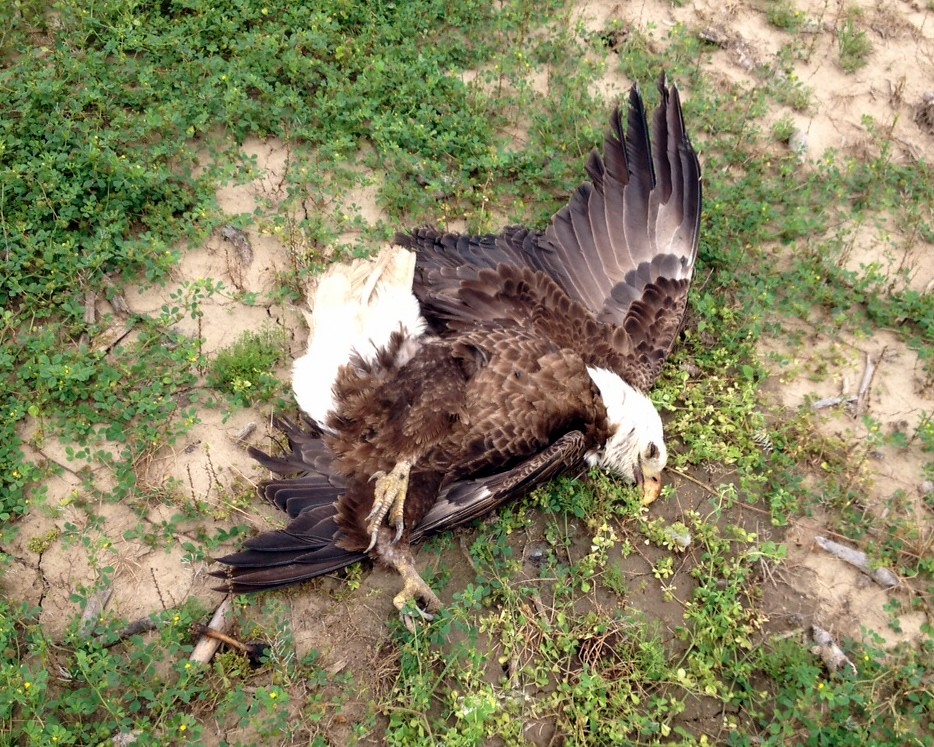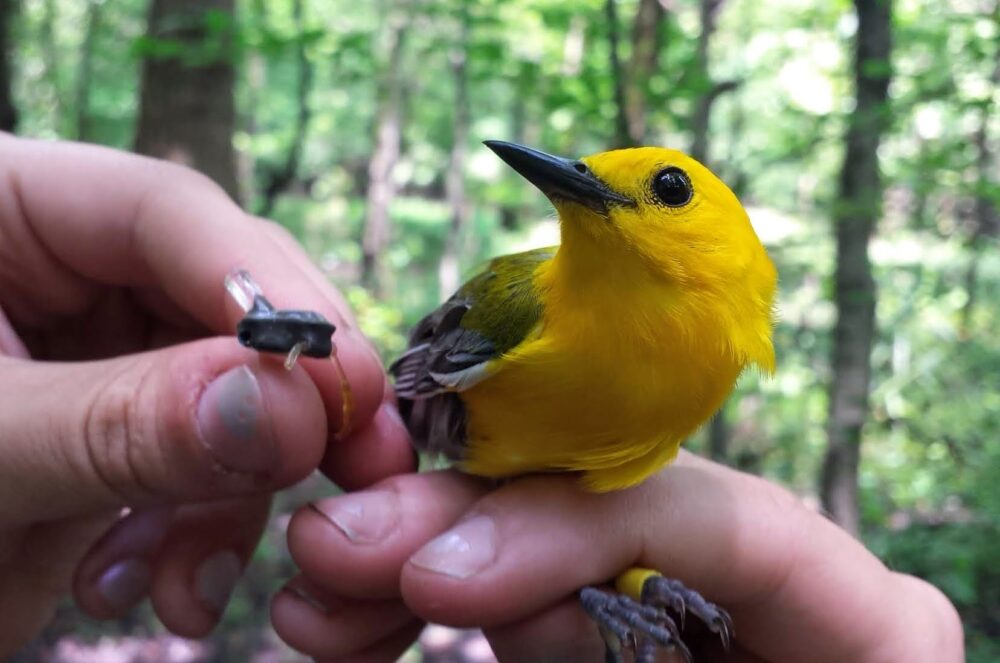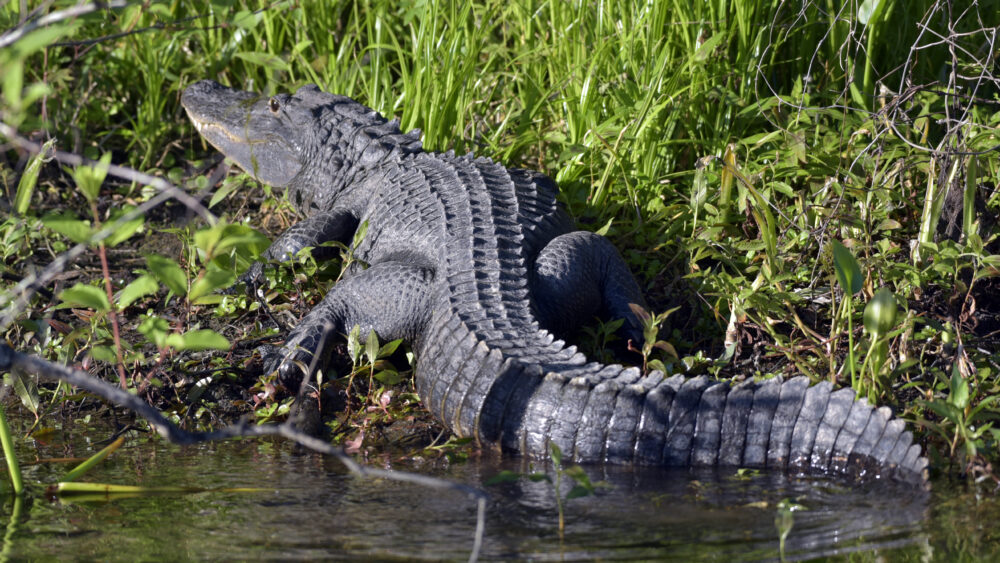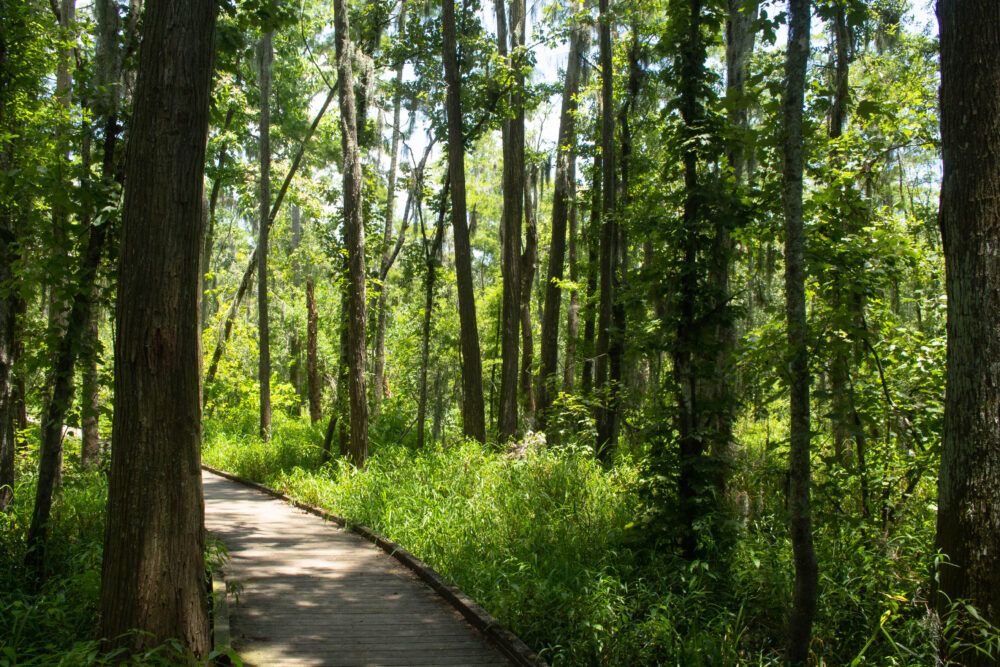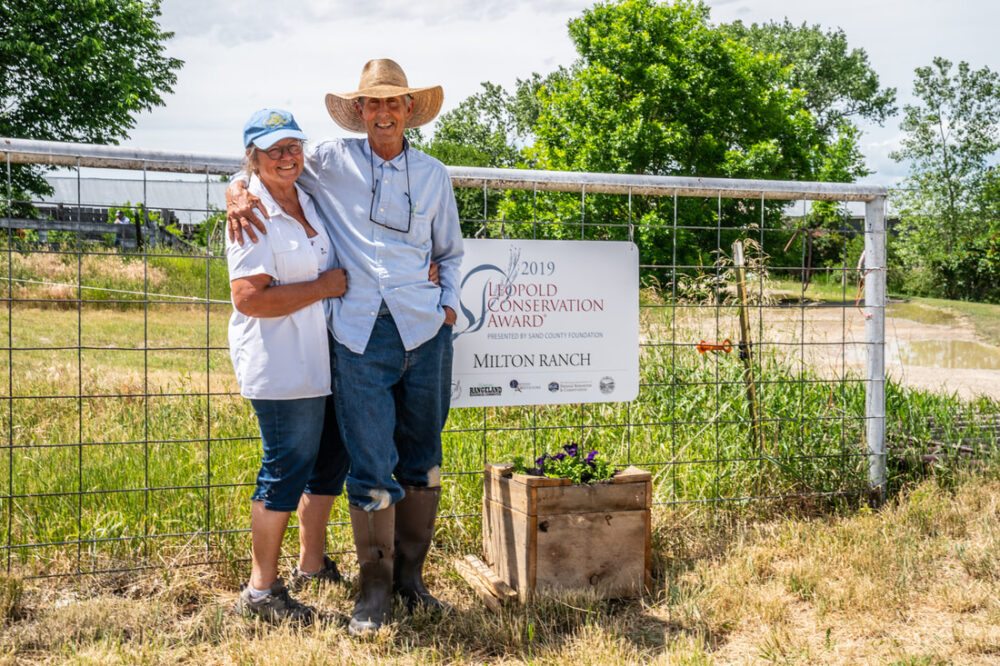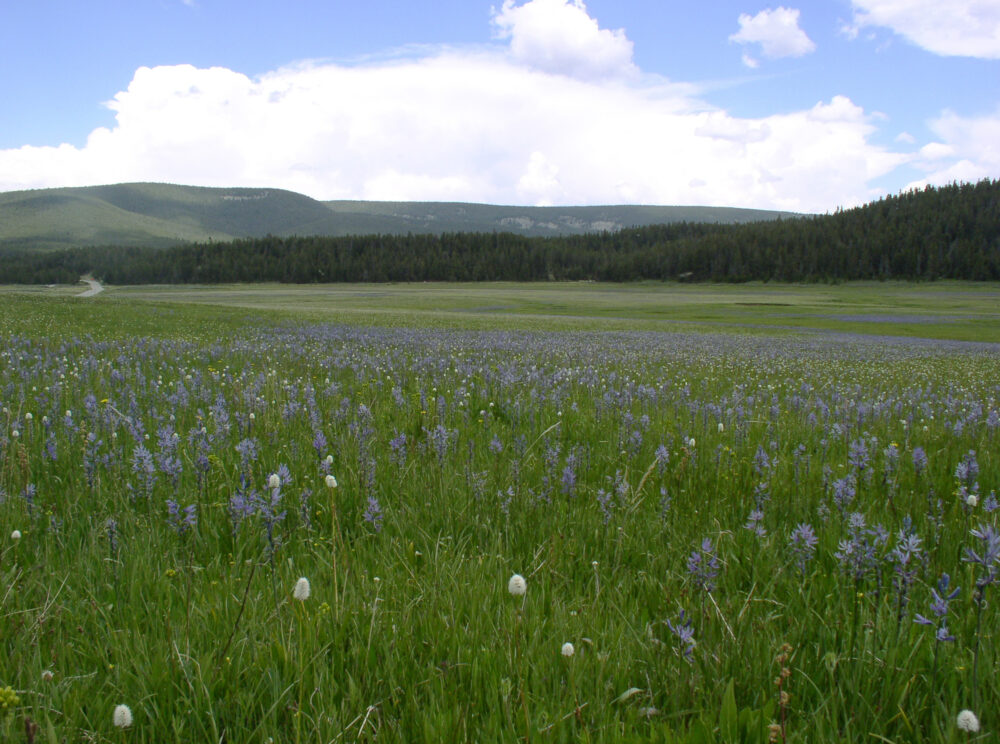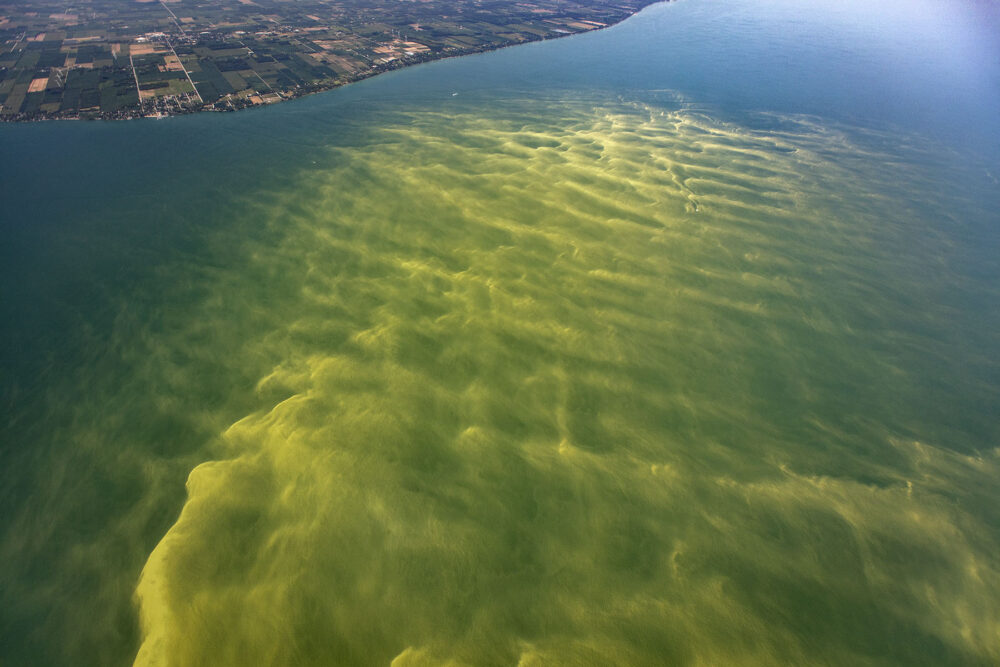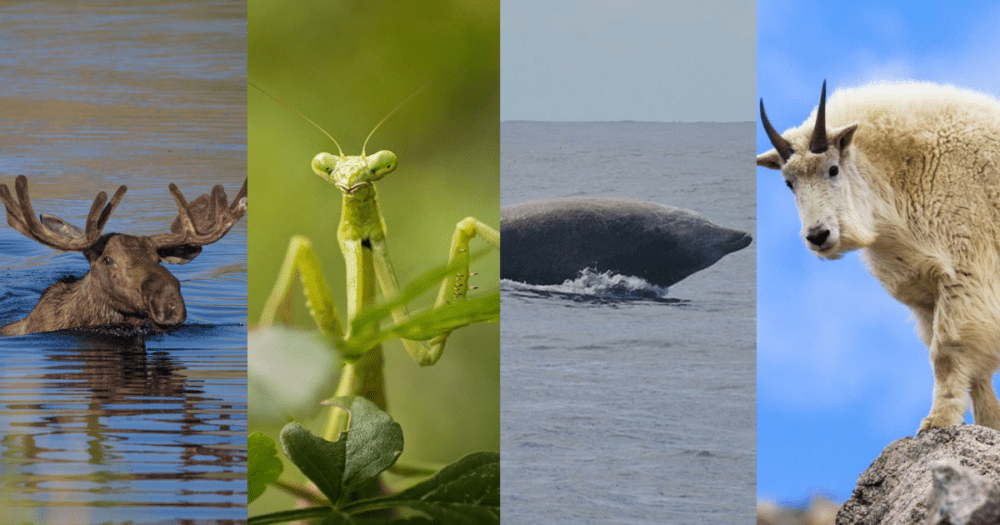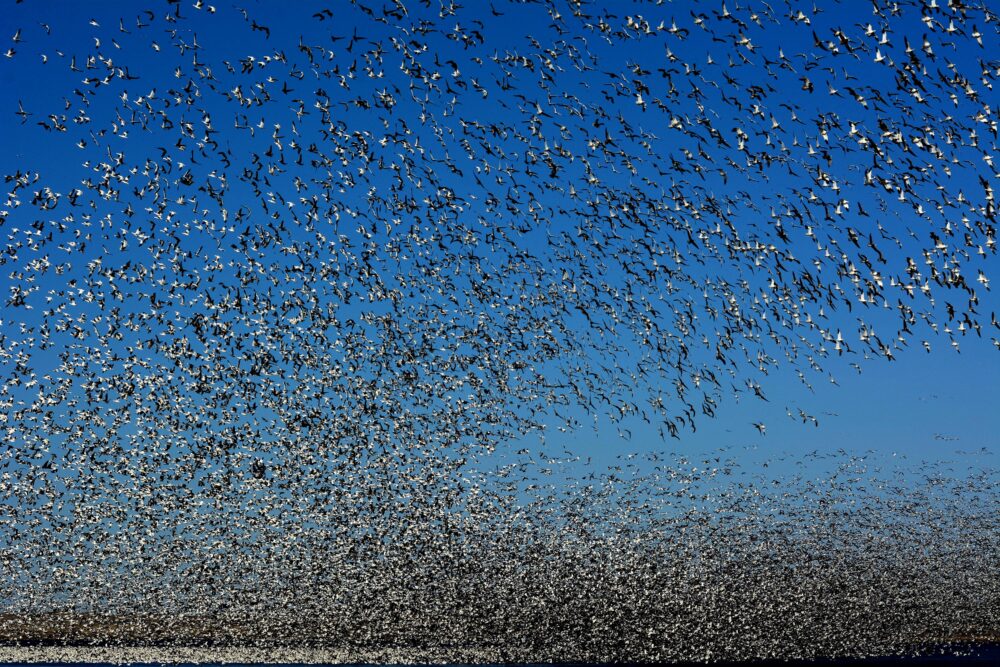We have much more to do and your continued support is needed now more than ever.
A Growing Chorus to Protect Wildlife from Tar Sands in New England
The chorus of concern in New England over a likely tar sands pipeline project that would be devastating for wildlife just keeps getting louder. On April 18, Republican Senator Kelly Ayotte joined the rest of the New Hampshire congressional delegation to become the latest congressional member from northern New England to call for a full environmental review and new presidential permit for a likely tar sands pipeline project through Vermont, New Hampshire and Maine.
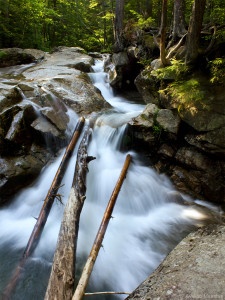
The letter from Granite State Senators Ayotte and Shaheen, and Representatives Shea-Porter and Kuster means that all of the higher office elected officials in northern New England have requested such a thorough review, with the exception of Maine’s Governor LePage and Senator Susan Collins. Senator Collins has stated that some level of review should be required before the line is allowed to be used for tar sands.
It’s no wonder this bi-partisan concerns exist. Tar sands pose severe risks:
- As has been tragically displayed in tar sands pipeline spills in Marshall, Michigan (2010) and Mayflower, Arkansas, tar sands is much harder to clean up than convention crude when it spills, threatening critical wildlife habitat and resources like the Connecticut and Androscoggin rivers, Sebago Lake, the drinking water source for the Portland, Maine area, and Victory State Forest in Vermont. The tar sands pipeline that burst in Mayflower was also owned by Exxon and of a similar age to the Portland-Montreal pipeline
- It results in about 20% more climate ruining carbon pollution than conventional oil. Runaway climate change threatens key New England industries like skiing and maple sugaring at risk.
- Additionally, extracting tar sands from the Canadian boreal forest is destroying a habitat area the size of Florida in the boreal forest, a breeding ground for migratory birds and other animals. Toxic tailings ponds, strip mining, and intensive drilling are putting millions of birds at risk, including the iconic Whooping Crane.
Tar Sands a Deadly Threat to Moose
In Senator Ayotte’s New Hampshire, no animal explains the urgency of opposing tar sands better than the storied moose. Moose in New Hampshire are in sad decline, and a changing climate is likely a major culprit.
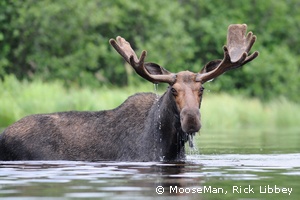
Allowing tar sands pipelines that expand market access will further drive up carbon pollution by enabling more development of land-locked tar sands. We need to make energy investments that will reduce, not increase, carbon pollution.
It is only with a bi-partisan commitment to ending our addiction to fossil fuels and rapidly developing a cleaner, safer energy future that we can save treasured species like moose from suffering the worst effects of climate change. Leaders like Senator Ayotte are listening to the voices of their constituents and making that commitment.
We need to see that commitment spread nation-wide. Time is running out.


